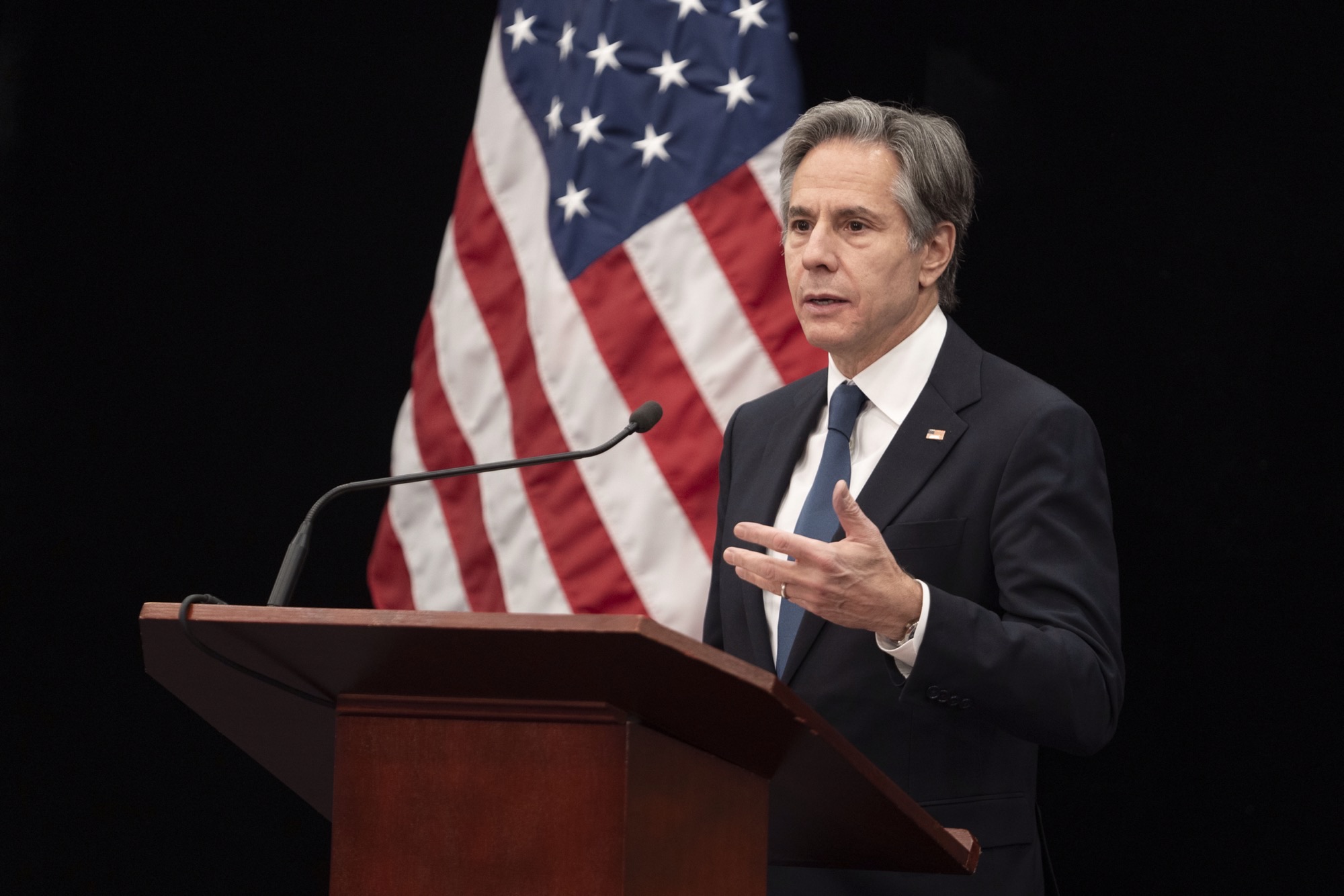On 6 December, the United States announced a military aid package for Ukraine featuring weaponry valued at $175 million. The Secretary of State Antony Blinken and the Pentagon press service told this.
According to Blinken, the aid package includes:
- air defense munitions;
- additional ammunition for High Mobility Artillery Rockets Systems (HIMARS);
- artillery ammunition;
- High-speed Anti-Radiation Missiles;
- anti-armor missiles;
- small arms ammunition;
- demolitions munitions for obstacle clearing;
- equipment to protect critical national infrastructure;
- spare parts, ancillary equipment, services, training, and transportation.
In addition, the head of the State Department emphasized that unless Congress acts to pass the President’s national security supplemental funding request, this could be one of the final security assistance packages offered to Ukraine.
“Helping Ukraine defend itself against Russian aggression and secure its future advances our national security interests and contributes to global stability around the world, and we need Congress to act immediately,” said Blinken.
At the Pentagon, the details of the aid package for Ukraine were specified, comprising:
- AIM-9M and AIM-7 missiles for air defense;
- Additional ammunition for High Mobility Artillery Rocket Systems (HIMARS);
- 155mm and 105mm artillery rounds;
- High-speed Anti-radiation missiles (HARMs);
- Tube-launched, Optically-Tracked, Wire-Guided (TOW) missiles;
- Javelin and AT-4 anti-armor systems;
- More than 4 million rounds of small arms ammunition;
- Vehicles to tow and haul equipment;
- Demolition munitions for obstacle clearing;
- Equipment to protect critical national infrastructure;
- Spare parts, maintenance, and other ancillary equipment.
The US Senate is scheduled to vote on aid for Ukraine on 6 December. The Biden administration’s proposal, seeking approval for a $110.5 billion allocation to support Ukraine, Israel, and Taiwan, includes $61 billion for Ukraine. However, Republicans advocate for addressing border-strengthening issues with Mexico, a source of illegal migration, while Democrats are hesitant to include these measures, causing a point of contention.
Under pressure from the House, Republicans have twice rejected including military aid for Ukraine in stopgap spending bills, raising concerns among Ukrainian officials.
On the eve of the vote on 5 December, numerous closed-door briefings were held in the US, including one where President Zelensky was scheduled to speak online. However, at the last minute, he canceled his address. According to the New York Times, the briefing with administration officials turned into a partisan confrontation, with Republicans accusing Democrats of disregarding their demands for border security measures.
Read more:
- Blinken: Denying aid to Ukraine risks unleashing Pandora’s box of aggression
- Biden: “Failure to support Ukraine is just absolutely crazy”
- Berlin: Germany is not an ally of Ukraine







